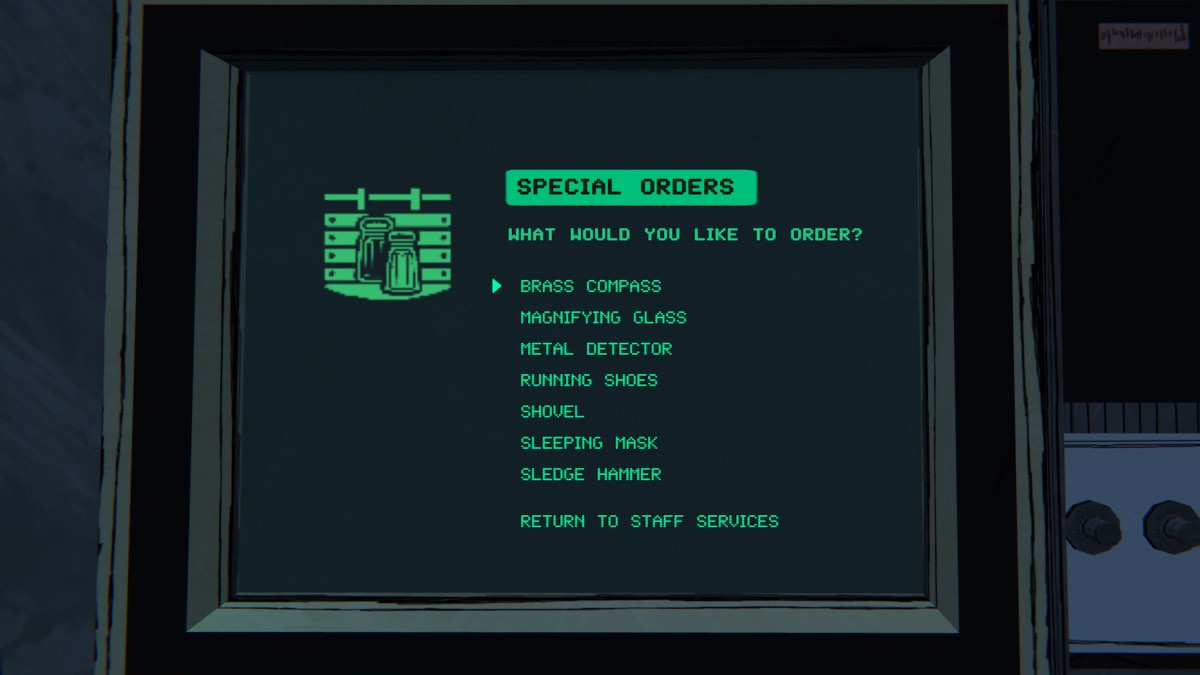Sometimes, Nintendo does great things. They have great games, they have iconic characters, and when it comes to their major franchises they’ve never dropped the ball (at least, when they themselves are developing). But there’s this other part of Nintendo that was always going to backfire on them, and that’s their steadfast determination to never anger anybody and maintain a perfect family friendly image. Unfortunately, it appears that their definition of family image is horribly out of date; Nintendo, in a public statement today, announced they will not allow same-sex relationships in their new game Tomodachi Life.
“The relationship options in the game represent a playful alternate world rather than a real-life simulation. We hope that all of our fans will see that ‘Tomodachi Life” was intended to be a whimsical and quirky game, and that we were absolutely not trying to provide social commentary,” is the phrase that was spoken by Nintendo of America today. This comes after a patch that removed a glitch where Miis of the same sex could have a relationship in the Japanese version of Tomodachi Life. This patch will carry over to the American version.

Nintendo has come down hard and fast on this, and there is no other way to say this than to be blunt about it: this is the dumbest thing Nintendo could have possibly done. It is morally backwards, mired in an out-of-date image of what is family appropriate in the modern world. I do wonder…have they paid attention to what is happening in the gaming industry? Over the last few years, the movement for increasing representation of LGBT characters, gamers, and developers has skyrocketed. Games like Gone Home have brought the need for games that deal with these issues and the challenges that LGBT people face everyday to the forefront. This is not an issue that can simply be ignored. This is not the 1990s and early 2000s where such challenges were swept under the rug and not dealt with.
Perhaps the most troubling phrase in the release is the apparent refrain from social commentary. “Tomodachi Life was never intended to lay out social commentary,” they said. I believe them, but I think they are being brazenly ignorant about the kind of game they are developing. See, Tomodachi Life is a game about relationships. It is where you simulate a life experience. You make friends, go eat food, play games with each other, and fall in virtual love… as long as you’re a heterosexual, that is. It is a game about social life, which means that its very existence is a form of social commentary. What you do in that game is a reflection of a little piece of who you are, and the societies you build are reflections of the societies you are comfortable with. Or, by the inverse, the things you find funny. It’s borderline subconscious, but it is always there.
What societies can be built, however, are determined by the allowances of the creator. I use the word creator very specifically; it invokes a God-like image, which is intended. The analogy has always been that Sims-like games allow you to play God, but I’ve never quite agreed with that. Implying that you are God implies you have all the tools and absolute control. Playing The Sims, or Tomodachi Life, you do not have total control. You have control over the tools granted to you. You can make the world in your image, but your image is effectively controlled by the real God of the situation, the developer. Nintendo is in the place of God here. They are the ones in charge of the tools, and by that logic, they are in some shape and form responsible for what is created by the players.

What Nintendo fails to understand is something so fundamental that I’m actually kind of entertained by the sick notion that they do not understand it; not having same-sex relationships is a matter of exclusion, not social commentary. Gay marriage, as it turns out, is a pretty “in” thing these days, what with all of the overturning of ancient social mores that ruined people’s lives for more than a thousand years and such. Being open about who you are, as you should be able to be without fear, is finally becoming more and more okay to do. And greatest of all, the number of people who attempt to keep people down based on sexuality or gender or preference or anything is dwindling, and we are slowly identifying them as the monsters that they are. We’re letting the right people in, and actively slamming the revolving door into the asses of those we’re kicking out. It’s a slow process, but it’s happening. That is a very good thing.
But the issue with Nintendo excluding same-sex relationships in Tomodachi Life is tied to that nature intrinsic to being a developer: you are God. Nintendo, you are controlling people’s actions. You are enforcing your will, even tangentially, onto the actions of independent human beings, and your will includes your morality. By excluding same-sex relationships, you are preventing people from creating their lives, and providing their own social commentary. You are implying that their social commentary, what they view as normal and comfortable and funny, is incorrect. That somehow, they are wrong. And when they create a life in Tomodachi Life, they are creating a society in the image of Nintendo, one of perpetual discrimination against a group of people. Discrimination in the name of remaining a game everyone can play, but not really “everyone.” It’s family appropriate only for an outdated image of what family appropriate is.

What’s worse is that I don’t believe this is some act of belligerence on their part. I don’t think Nintendo has a thing about not allowing gays into their games. Lest we forget, this is the company that put a heroic transgender character in a big-budget Mario game, The Thousand Year Door, and that counts for a lot in my book. Rather, this is a matter of economics, of reaching the biggest audience possible. They want to, as they always have, appeal to everyone and make nobody angry. This has always worked, and in the process they have created some of the greatest games of all time, and even more importantly some of the greatest kids games of all time, something we sorely lack today. But there is a point in which appealing to everyone means you step on somebody, where trying to offend no one means you accidentally offend somebody. In trying to play to a perceived normality of culture in pursuit of monetary gain, Nintendo has finally found that point.
The joke has long been that Nintendo is out of touch with the world of today. A refusal to acknowledge the online world, a refusal to attempt bold new things with their franchises, or create new franchises in general. To me, however, I’ve never bought the joke until now, when it becomes a joke no more. We cannot simply shrug things like this off anymore, and Nintendo, and other companies, cannot pretend that issues like these are not issues. There is such a thing as guilt by omission, and Nintendo, with Tomodachi Life, is guiltier than sin. So, this young Nintendo fan must issue a personal ultimatum to his childhood heroes:
Get with the times, or get the fuck out.












Updated: Jul 11, 2016 04:30 am